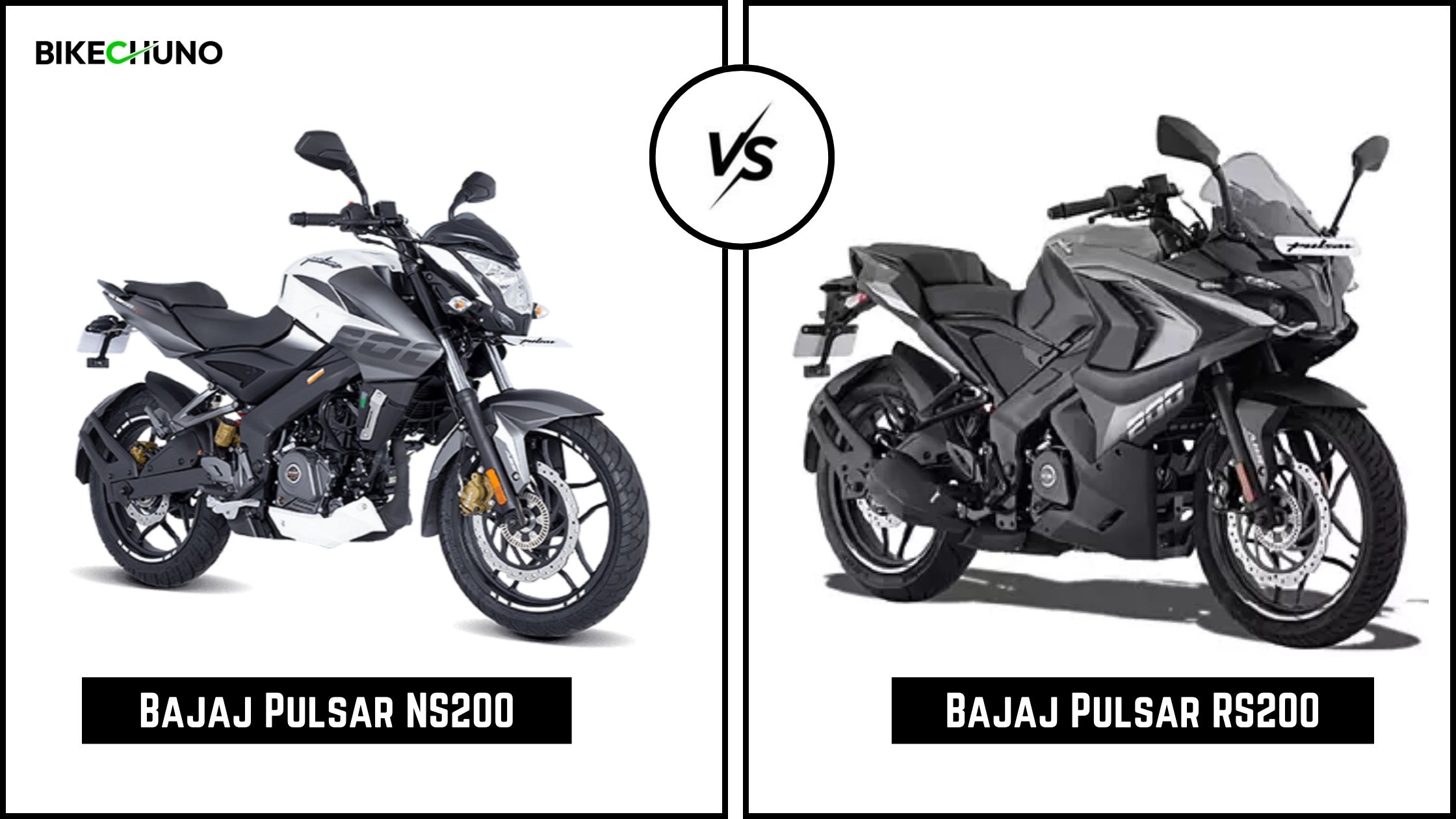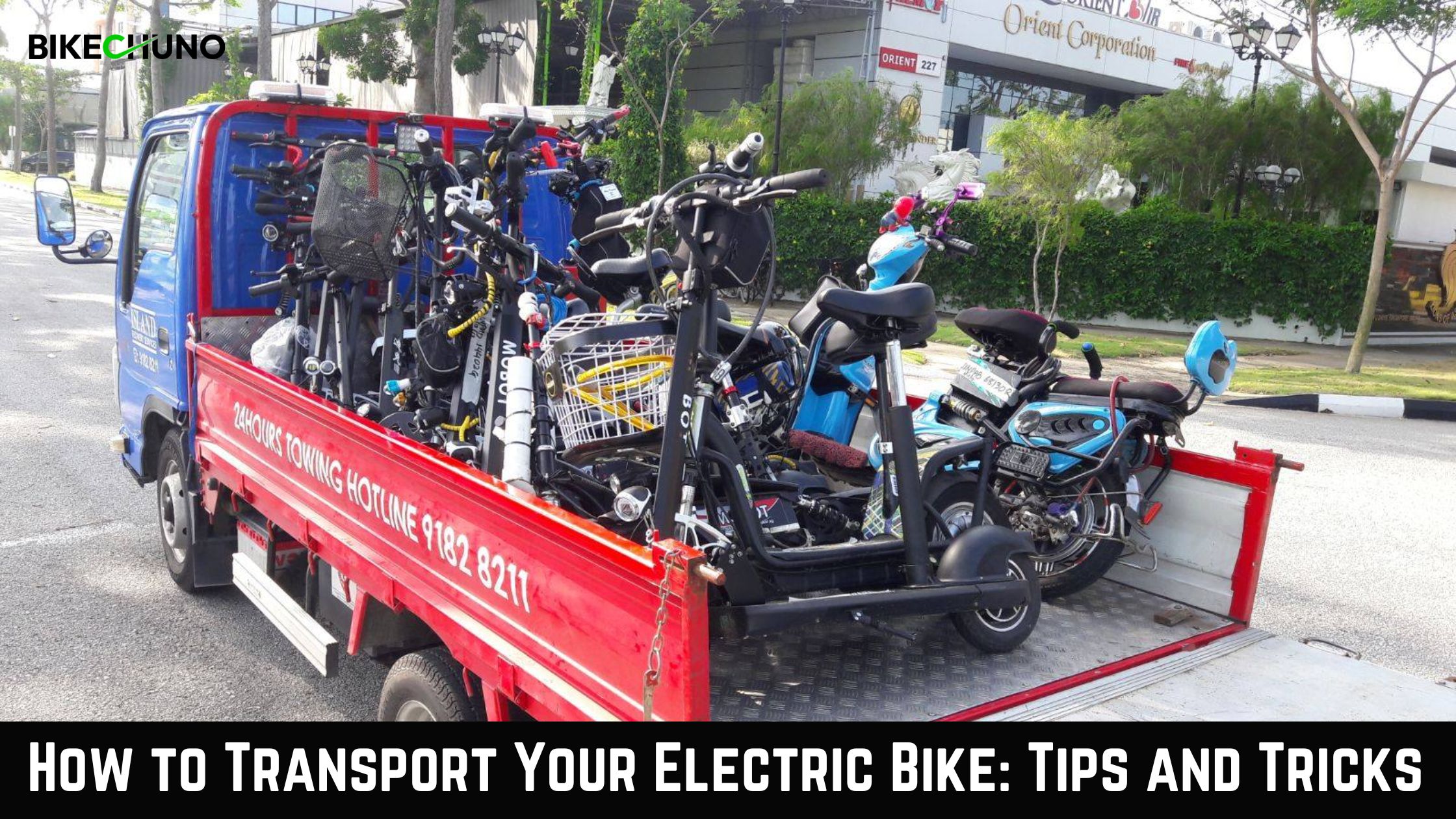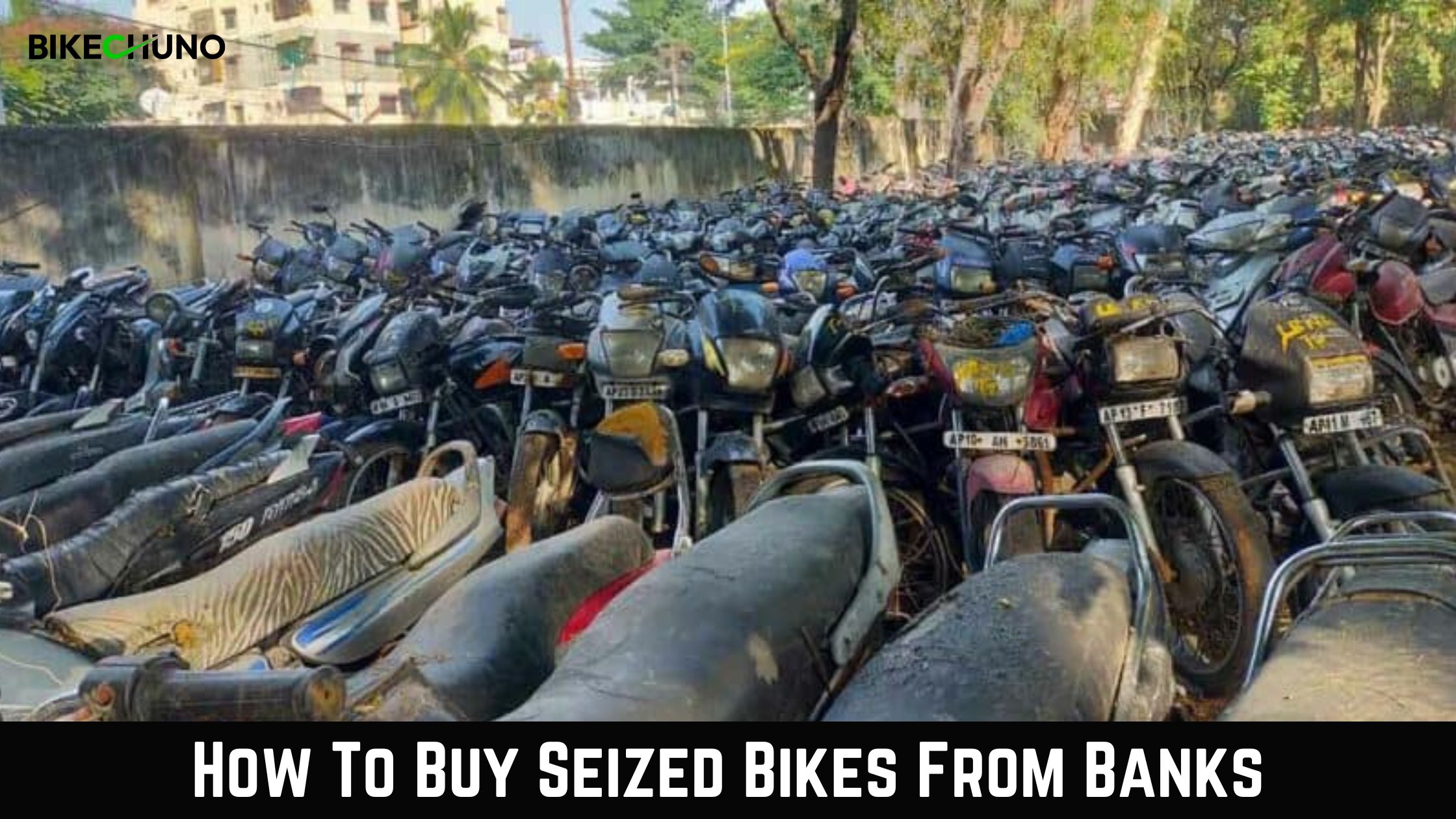
You might be wondering why motorbikes are noisier than other types of vehicles, whether you ride one or you’re just interested in learning more about how they work. Motorcycles are smaller than cars, so it’s odd that sometimes their increased noise level defies logic.
What causes motorbike noise? Motorcycles are notoriously noisy due to several factors, including the size of the silencer on the majority of them, the length of the exhaust pipes, the lack of residence time for the air and exhaust to slow down, and the open engine that does not have an engine box to enclose and muffle sound.
Why There’s So Much Noise On Motorcycles?
Before we started riding bikes, we realized that because of how loud they were, we could always tell when we were approaching a motorbike on the road or which one was directly behind us—even listening to the radio while seated in the automobile.
Both riders and non-riders frequently ask why motorcycles are so noisy and whether or not they do it on purpose. Even though the solution might seem obvious, it still merits a thorough explanation.
The Exhaust System
An engine’s sound travels down through the exhaust system. This holds for many different types of vehicles, not only motorcycles. A stock exhaust system may include baffles, a catalytic converter, and a silencer, among other sound-dampening components.
The issue with motorcycles, though, is that their exhaust systems are generally smaller than those of cars, which means there isn’t always enough room for the extra components that would contribute to the bike’s quieter operation.
Since bikes are meant to be small and light, in addition to being aesthetically beautiful, the exhaust system must prioritize performance over all other factors, including noise levels.
There is no time for the exhaust from a motorcycle to slow down or absorb some of the noise as it shoots out of a 3 to 4-foot-long exhaust. In contrast, car exhaust can be customized with all the bells and whistles and installed along the whole length of the vehicle, including certain twists and curves, which causes the automobile to expel air more slowly and quietly.
Mufflers
Motorcycle mufflers, like exhaust pipes, are very small in comparison to those of other cars. As a result, although they may reduce exhaust noise to some extent, their actual sound-absorbing ability is limited.
Noise From Engines
Motorcycle engines are available in a wide variety of types and cubic capacities (what does CC mean?). Some engines are inherently louder than others. All of them have one thing in common: unlike other cars, motorcyclists don’t have engine compartment covers, which limits how much engine noise they can muffle.
Bikes with lightweight single-cylinder and parallel twin engines are frequently surprisingly quiet; nevertheless, bikes with large-capacity V-twins and inline-four motors are more likely to have loud engines by nature.
For instance, V-twins usually feature two huge pistons that, when little explosions inside the cylinders occur, produce the famous “Pop, Pop, Pause.”
Even when idle, these engines operate at relatively low RPMs, making the bikes noisy.
Smaller pistons that operate over a shorter distance but at high RPMs are standard on superbikes and their naked bike siblings with inline four-cylinder engines. This results in a fantastic horsepower output but also in a high-pitched exhaust note as the machine works hard to produce the power.
A motorbike is loud enough for everyone to hear, yet cars with many cylinders are contained and have their cylinders sitting in a compartment with lots of other parts surrounding them.
That means that manufacturers intentionally design motorcycles that sound good, at least to their target demographic, as part of their thought process.
Some of us recall the iconic two-stroke zip brake, and that sound is often associated with youth, rebellion, and good times. However, many riders are also moved by the thunderous rumble that emanates from a Harley-Davidson V twin engine. Harley-Davidson bike models in India have captured the hearts of enthusiasts who appreciate the distinctive sound and heritage of the brand.
As a result, manufacturers create bikes that complement the entire marketing campaign, which occasionally entails making them very loud.
What Volume Is Too High For A Motorcycle?
For a motorbike, anything louder than 85 dB would be deemed inappropriate. The rationale for this is that prolonged exposure to noise at this volume can cause hearing impairments. This is one of the reasons government organizations have imposed limits on the maximum noise levels that motorcycles can emit.
How Can I Reduce The Noise Level On My Motorbike?
You can take specific actions to lessen the noise that a noisy motorbike produces. These are our suggestions.
Look For Any Exhaust Hole Openings
If you notice tiny holes in the exhaust, rust is probably to blame. You can quickly seal these holes by filling them with exhaust tape. A patch and resin can be used to close gaps that are on the bigger side, but they will require more care.
Put In A New Silencer
Is the sound of your motorbike suddenly louder than it usually is? Your motorcycle silencer needs to be replaced. Fortunately, mufflers are inexpensive and straightforward to obtain, making them quick to replace. As an alternative, consider switching to a different kind of silencer. The bullet silencer, which is the standard silencer on the majority of motorcycles, is notorious for producing excessive noise. Resonator mufflers are an excellent option if you want to reduce noise. The interiors of these models are typically constructed of fiberglass, which increases their soundproofness.
Cover The Pipes
You won’t believe the impact of pipe wrapping. It uses strong materials like titanium, so it will withstand the high heat generated by your bike exhaust in addition to reducing vibrations from your exhaust. In addition, it’s really inexpensive and straightforward to install, so you’ll be wrapping pipes like a pro in no time.
Invest In An Exhaust Silencer
Typically, a silencer provides a reasonable degree of soundproofing by employing fiberglass covers to limit the exhaust hole. Again, no particular expertise is needed to install a silencer. All you have to do is position it and tighten the screws to complete the task!
Replace Your Pipes With New Ones
Investing in new pipes can be a simple solution when there are numerous problems. Crossover pipes are an intelligent addition to a bike with a dual exhaust system. These are effective at reducing noise.
Other alternatives, including Y-pipe or H-pipe designs, are also available. It functions by balancing the exhaust gas flow from the engine, which enhances both performance and sound quality.



